While working on my Ph.D., I traveled regularly to the University of Durham in the U.K. for periods of study and research. I would stay at St. John’s College, taking my meals in the college dining hall. As a middle-aged, American woman among mostly twentysomething, British undergraduates, I was an oddity. It was obvious that many of the students were curious, but mostly kept their questions to themselves until one evening a young man joined me at table.
After a few pleasantries, he asked what I was doing at St. John’s. I explained I was studying the theology of evangelism, which prompted an animated response. Apparently, that week on campus there had been focused, public, witnessing and he had much disdain for that approach.
As we talked, however, he mentioned he had a friend who had shared with him about Jesus Christ. When I asked the difference between these two types of sharing, he immediately responded that the public witnessing was evangelism, but the sharing of his friend was not—even though they provided the same information. The strangeness of this statement was evident even to him, yet he couldn’t put his finger on why. We continued talking as he slowly realized it had something to do with trust. He could receive information from his friend, whom he trusted, that he couldn’t receive from total strangers making public witness.
The Place of Trust
Trust is crucial. If we’re going to share our faith with integrity, we have to stand on a foundation of trust.
Unfortunately, trust isn’t very common in our current culture. Our society is built on trust, but studies show that in many areas—government, health care, education, the church—our current culture is infused with a dramatic sense of distrust.
These feelings aren’t unfounded. We’re barraged with reasons not to trust, as people in positions of responsibility time and again fail to live up to the legitimate expectations attached to their positions. Yet, here is where it gets personal: Every time someone says they’re a Christian but fails to act like one, all Christians suffer—all Christians pay the price of lost trust.
I won’t belabor the research, but a few examples are helpful. Many people outside the church think that we say one thing and do another, or are too focused on getting converts, or are judgmental and not honest about our attitudes toward others. The bottom line: They don’t trust that we love people the way we say we do.
Which raises a very good question: Do we?
We might be tempted to get defensive, but the hard truth is that people everywhere have encountered Christians—regular people like you and me—who profess to be Christians but do not behave like Christians. It may not be our reality; but it is their reality, and that, of course, makes it our problem. Clearly, we have much restorative work to do, which means our posture as we engage in evangelism is crucial.
A New Posture: Evangelism and the Trinity
There are many ways to “do” evangelism; it’s not one size fits all. But I believe what we do is not as important as the stance we take while we do what we do. It’s our way of being in the world that matters most, and this stance or “way of being” has to do with the theological foundation we stand on when we engage in evangelism.
Our theological foundation is important because evangelism is about making sure people are firmly planted in the kingdom of God, with roots deep and strong enough to begin a lifelong process of spiritual growth. This, in turn, means evangelism is a long-haul process. We have to be willing to walk with people for a long time as they explore this mysterious thing called faith; and while we walk with them, we need a particular posture, or way of being in the world.
I believe it’s helpful to look at an element that’s missing from most discussions on evangelism: our understanding of the triune nature of God. Evangelism is never only about Jesus, even though Jesus is a vital part of the Trinity. Evangelism is also about creation—that self-giving, space-making activity of God that made something out of nothing. That is the model for our witness. As God makes room within himself for the otherness of creation, so Christians make room within themselves for others, especially others beyond the boundaries of the community of faith.
Evangelism is also grounded in God’s self-donation on the cross. Here is where Jesus enters the picture. At the core of faith is self-giving love, both manifested on the cross and demanded by it. It’s this self-giving core that grounds our way of being in the world. Because we’re remade in the image of Christ through baptism, we receive a new center for our life: self-giving love, which opens us up, makes us able and willing to give ourselves for others and to receive others into our very selves.
Here is the key: As God has embraced us, so we embrace others.
Evangelism is also grounded in the third person of the Trinity—God’s Holy Spirit. It is this power that invigorates us, going ahead of us and moving within us and between us and others. Without the presence of the Holy Spirit, evangelism is tepid and powerless. Therefore, as we model God’s space-making, self-giving activity, in creation and on the cross, we make space for God’s Holy Spirit to move, heal, save and transform.
That is our theological foundation. We can point to Scripture to expand and embellish, but this is the core of our stance: a Trinitarian understanding of the posture necessary for evangelism.
But what does that look like?
A New Metaphor: The Embrace of Evangelism
Metaphors help us grasp things that are often too deep for words. A metaphor that helps me is that of embrace, which I’ve adapted here from Miroslav Volf’s Exclusion and Embrace. It’s useful because it focuses firmly on the Trinity and brings together three crucial themes for the Christian life: the mutuality of self-giving love in the Trinity (our doctrine of God), the outstretched arms of Christ on the cross for the godless (our doctrine of Christ) and the open arms of the Father receiving the prodigal (our doctrine of salvation).
Embrace is an integrated movement with four consecutive stages: open arms, waiting, closing the arms and opening again. Without all four, embrace is incomplete. If we only open our arms and wait, embrace never occurs. Similarly, if we open our arms, wait, close our arms but don’t open again, we’ve created an oppressive grip. We need all four stages.
Stage one: Opening our arms. Open arms convey our desire and point to the void that is created by the absence of the other. This is significant for evangelism because God promised Abraham he would be the father of one family and currently, many are missing from that family.
Open arms signal I’ve made space within myself and am reaching out. This aspect is important because it parallels the stance of our triune God toward all creation—always reaching out, continually caring and sustaining creation throughout the history of humanity.
Stage two: Waiting. Open arms lead to a full embrace only when we wait. We reach out, but don’t yet touch. Though open arms initiate movement, they don’t invade or force a response. We create space within ourselves and move beyond our own boundaries, but don’t cross the boundaries of the other. Rather, we wait for a response, a reciprocal opening of the arms.
Waiting can be difficult—especially in evangelism; but it’s an exercise of self-control for the sake of the integrity of the other—who may not want, or be ready, to be embraced. Waiting may also appear unbalanced, but rather than being powerless, waiting is the power of vulnerability and openness, undergirded by expectant hope. A power that recognizes that without reciprocity, there can be no embrace.
Waiting is also crucial because it creates space for God’s Holy Spirit. When we make space, opening our arms and waiting in the power of expectant hope, God’s Spirit is given room to work for transformation. Waiting provides the opportunity for discernment, a heightened awareness of what God’s Spirit might be doing within us, within the other, and between us and the other.
Stage three: Closing our arms. This is the essence of embrace, but it is impossible without reciprocity. It takes two pairs of arms for one embrace. A full embrace is both active and passive; we hold and are held. There may be varying degrees of giving, but each enters the space of the other, makes its presence known and feels the presence of the other. A full embrace depends on such reciprocity.
The transformative power of embrace affects both selves. When we reach out from a stance of embrace, it always involves openness to the power of God’s Holy Spirit to work, not only through us toward the other, but through the other toward us as well.
Stage four: Opening our arms again. For embrace to be complete, arms must always open again. Embrace never creates one fused body—instead, identities are preserved. Yet, an imprint remains—like the lingering aroma of a dear one’s perfume.
There is a circular movement to embrace: The open arms that release are the same open arms that create space; the open arms that wait are those that encircle. The end of one embrace is the beginning of another, even if time may pass.
This circular nature is intrinsic to the internal life of the Trinity, which is why it grounds our life and witness and provides a good metaphor for the stance we’re to take. Having been transformed by God’s embrace, we go on to be a transformative presence in the lives of others.
In the beginning there was nothing but God. God made space for the newness of creation. As time passed, humanity rebelled, evil flourished and that good creation became mired in the depths of sin and brokenness. God determined the only way to restore God’s broken creation was God giving of his very self, becoming human in Jesus and dying for the sins of the entire world. In his death, Jesus drew us all to him, and in his rising, Jesus restored us to new life. When we engage in evangelism from a stance of embrace, we model the space- making, self-giving of our Triune God, and in making that space, the power of God’s Holy Spirit is given room to move and breathe and transform.
*This appeared in Outreach magazine in August 2016.
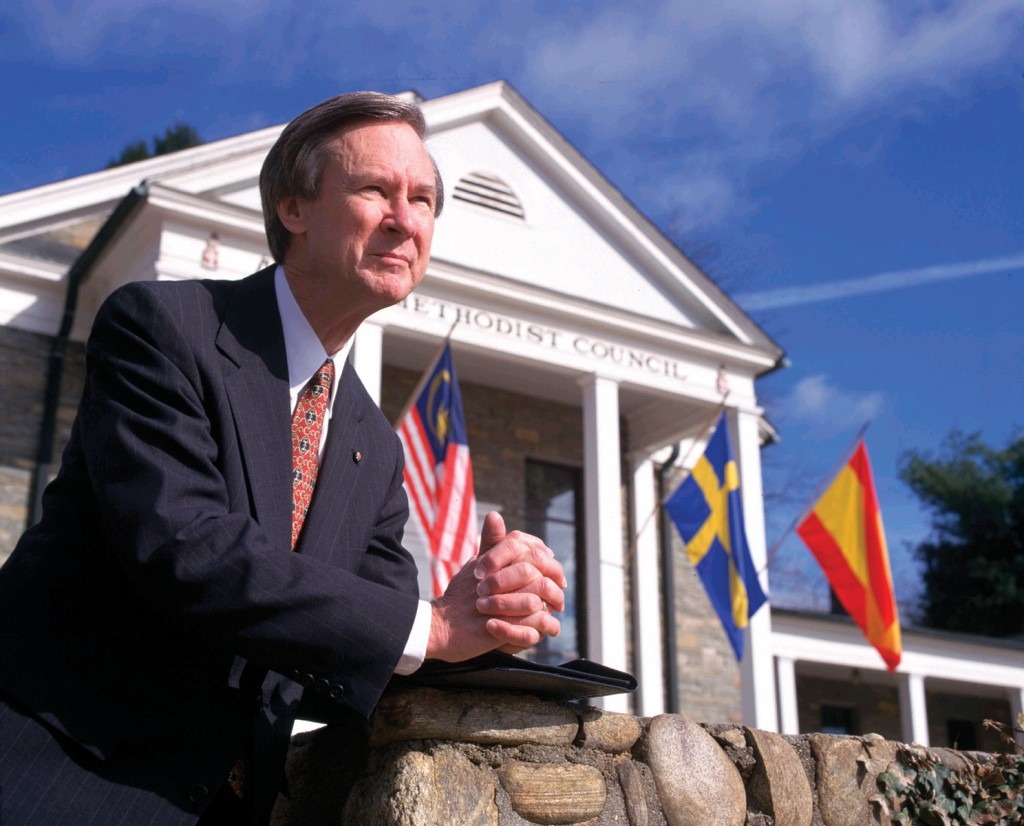 Joe Hale, General Secretary Emeritus of the World Methodist Council and a close family friend, died recently. I believe that is why my mind is returning to the themes of All Saints’ Day even as I am preparing to host our family Thanksgiving celebration. This year my thanksgiving is entwined with memories of Joe. His prophetic strength wrapped in the gentleness of his pastoral presence has been a model for me as I have navigated leadership within the Body of Christ. The witness of his self-sacrificial caring for his wife, Mary, challenges me when I find myself drawn toward self-centeredness. The memory of his willingness to risk, to step out, and to trust God returns unbidden to my mind in moments when I’m tempted to shrink from those virtues.
Joe Hale, General Secretary Emeritus of the World Methodist Council and a close family friend, died recently. I believe that is why my mind is returning to the themes of All Saints’ Day even as I am preparing to host our family Thanksgiving celebration. This year my thanksgiving is entwined with memories of Joe. His prophetic strength wrapped in the gentleness of his pastoral presence has been a model for me as I have navigated leadership within the Body of Christ. The witness of his self-sacrificial caring for his wife, Mary, challenges me when I find myself drawn toward self-centeredness. The memory of his willingness to risk, to step out, and to trust God returns unbidden to my mind in moments when I’m tempted to shrink from those virtues.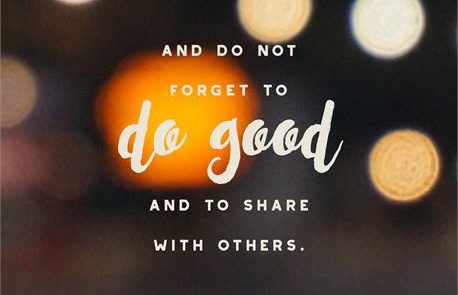

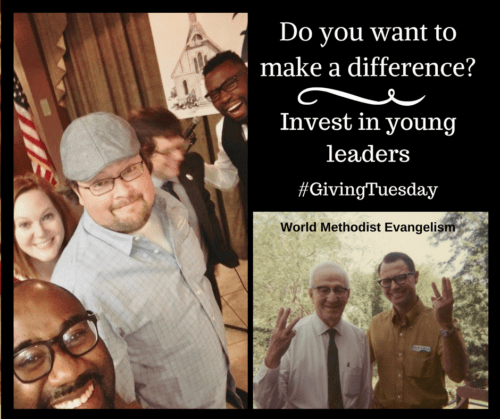 We give thanks for the privilege of gathering in Houston for the World Methodist Conference, a global community representing dozens of denominations and countries. It is a time when Tongans and Kenyans and Brasilians and Poles and Indians and Nigerians, when Australians and Russians and Nepalis and Britons and and Koreans and Italians and Pakistanis and many, many more come together for worship, fellowship, encouragement, and edification.
We give thanks for the privilege of gathering in Houston for the World Methodist Conference, a global community representing dozens of denominations and countries. It is a time when Tongans and Kenyans and Brasilians and Poles and Indians and Nigerians, when Australians and Russians and Nepalis and Britons and and Koreans and Italians and Pakistanis and many, many more come together for worship, fellowship, encouragement, and edification.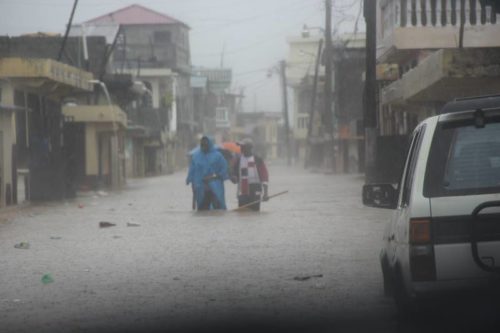

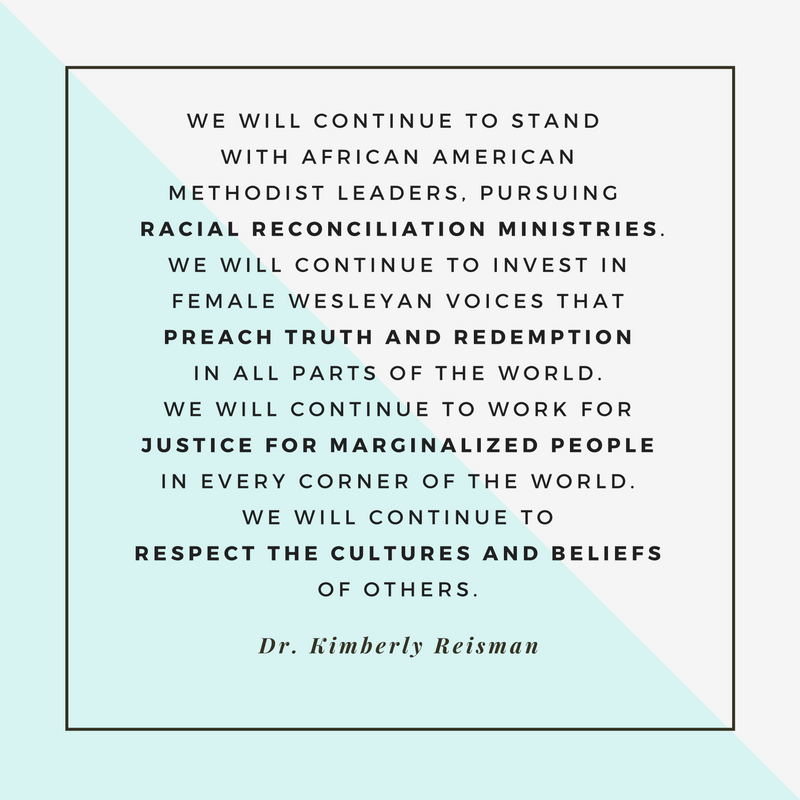 However, there are things we do know.
However, there are things we do know.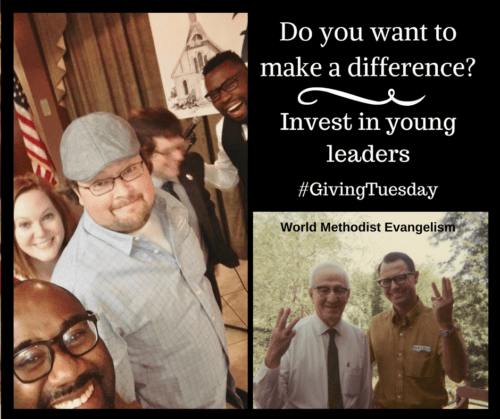






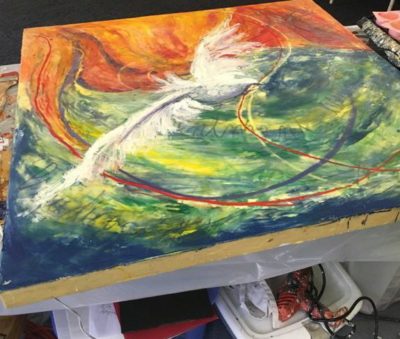
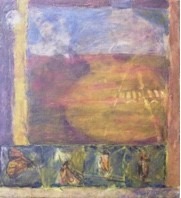 painting using hot wax, is one of her favorites. Here is a portion of how she described the painting Reflections:
painting using hot wax, is one of her favorites. Here is a portion of how she described the painting Reflections: This past spring, Kerry taught at World Methodist Evangelism’s
This past spring, Kerry taught at World Methodist Evangelism’s 
 The challenging part is opening ourselves to the creative work of the Spirit who continues to add layer and layer of experience to our lives, often applying heat to make sure each layer is married to the next.
The challenging part is opening ourselves to the creative work of the Spirit who continues to add layer and layer of experience to our lives, often applying heat to make sure each layer is married to the next.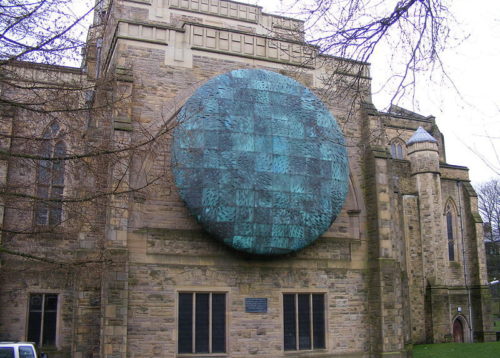

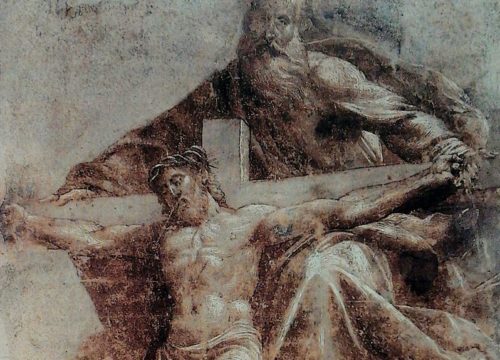

 Let me offer some observations on the fate of personal and biblical holiness in the enterprise of Pacific Theology. Pacific Theology, as it has prevailed among Pacific theologians (and this is especially true in the efforts of my fellow Tongan theologians), is thoroughly shaped by an attempt to give a response to Dr. Sione ‘Amanaki Havea’s quest in 1986, “What if Jesus was a Pacifician?”
Let me offer some observations on the fate of personal and biblical holiness in the enterprise of Pacific Theology. Pacific Theology, as it has prevailed among Pacific theologians (and this is especially true in the efforts of my fellow Tongan theologians), is thoroughly shaped by an attempt to give a response to Dr. Sione ‘Amanaki Havea’s quest in 1986, “What if Jesus was a Pacifician?”